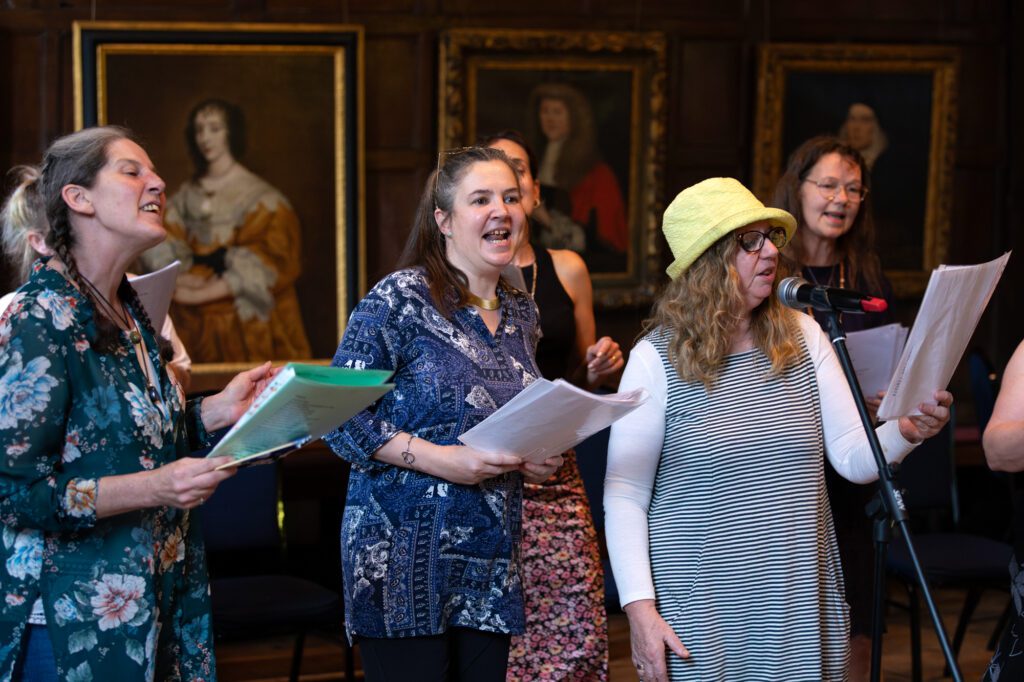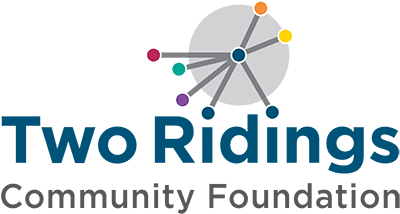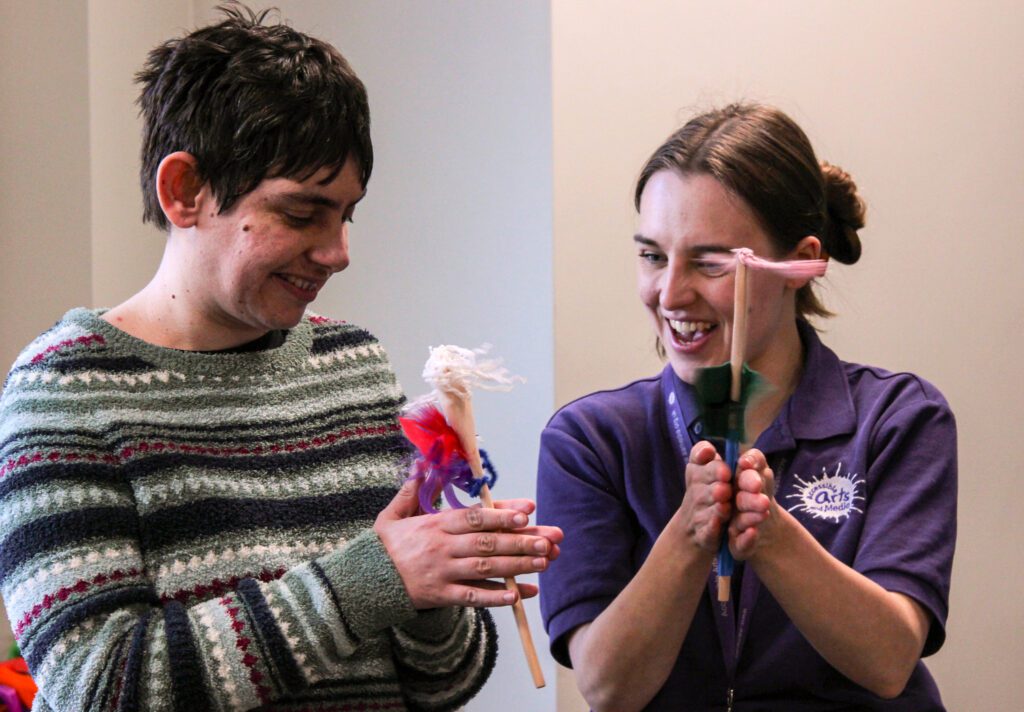Shaping a stronger York together
Learning from our recent participatory process for York Community Fund

York Community Fund opened for the second year running this month, but getting to that point took time and thought.
Leading up to the opening, people from the city came together to help Two Ridings shape new guidance for the fund. But this wasn’t just a standard consultation—it was a participatory process. Voices from across the city’s community sector contributed openly and honestly, offering rich insights into both the challenges they face and the hopes they hold for York’s future.
Here’s what we learned—and how it’s shaping the future of funding and collaboration in our city.
Listening to the pulse of York
When we asked, “What changes are you seeing in the people and communities of York?” the answers were powerful and sobering.
The reality is that many communities are feeling the weight of ongoing pressures. Cuts to public services have widened gaps—especially in health and wellbeing—while some residents feel overlooked in favour of tourism and student life. As a result, there’s a growing sense of disconnection and frustration, in some cases even fear.
The cost-of-living crisis continues to bite, with both individuals and organisations struggling to keep up. More worryingly, some have reported a rise in far-right sentiments and divisive thinking. Meanwhile, organisations designed to support communities are stretched to their limits—facing burnout, funding shortfalls, and the impossible task of picking up work previously done by government or NHS services.
And yet, amidst this strain, there’s also resilience.
Communities are doing amazing work, holding onto a strong spirit of care and solidarity—even as the ground shifts beneath them.
A Community Sector under strain
We also asked, “What pressures are your groups experiencing?”
The message was clear: the sector is running on empty.
Leaders and staff are tired. Volunteers—especially those in key governance roles—are hard to recruit and support. Organisations are dealing with increasingly complex needs, with little time to reflect, regroup, or co-produce solutions with the very people they serve.
Current funding models often don’t help. Many groups are stuck on a “funding treadmill”—forced to reframe existing impactful work just to stay afloat. They told us there is not enough support for core costs or breathing room to plan, learn, and adapt.
Despite this, there’s an overwhelming desire to collaborate rather than compete. But meaningful collaboration takes time, resources, and trust—things that are often in short supply.
Getting it right for the future
When asked about hopes for York’s communities, a different tone emerged—one of optimism and possibility.
People believe that, through collaboration, York’s communities can thrive. There’s a vision for a more connected, compassionate city—where residents feel a sense of belonging and where organisations are trusted to know and do what’s best for their communities.
There’s a clear call for inclusive and meaningful engagement. Rather than decisions being made for communities, we should be shaping services with them. Co-creation and co-production were recurring themes—echoing the sentiment that people’s experience and knowledge of what communities are facing should guide change.
What needs to change
These conversations directly informed us how the new guidance for the York Community Fund was shaped. People involved helped craft principles that move us towards more inclusive, flexible, and sustainable funding.
Here’s what we heard loud and clear:
- Collaboration needs investment. Funders must recognise the time, space, and trust required to create collaborative ways of working—and support those efforts.
- One size doesn’t fit all. Smaller groups often struggle to compete. Tiered funding, micro-grants, and inclusive criteria can help level the playing field.
- Fund outcomes and process. Communities of practice, reflective learning, and collaboration support are vital for long-term change.
- Listen first. Funders must avoid assuming what communities need. Guidance should reflect people’s own experience and the knowledge held within communities.
Moving forward, Together
At Two Ridings we are proud that this process wasn’t just about shaping funding guidance—it was about reshaping and building relationships.
As one participant put it:
“Through collaboration, communities thrive and generate a sense of belonging.”
These words remind us what’s possible when we shift from top-down models to participatory processes. When people feel heard, supported, and trusted, they can do extraordinary things—even in the most challenging circumstances.
What we learnt from this session is not only reflected in the guidance for the York Community Fund—it is helping shape a more hopeful, resilient, and inclusive York.
York Community Fund
Through this sharing of ideas, York Community Fund opens for groups addressing local need around four key themes:
- Affordability & cost of living
- Climate action
- Equalities and Human Rights
- Health & wellbeing
Community organisations in York can apply for a Microgrant of £1,000 towards overheads, a pilot project or small capital items or a Collaboration Grant of £13,500 to be spent over 2 years, to do things differently and explore collaborative ways of working.
When you apply for a Collaboration Grant, you can also join a Communities of Practice group. By taking part, you’ll share insights, learn what works (and what doesn’t), and strengthen your collaborations.
The group will meet every other month during your grant period. Groups that opt in to the Communities of Practice will receive an additional £1,200 in restricted funding to support your participation.
Find out more about more about the fund and find out if you are eligible to apply at: York Community Fund – Two Ridings Community Foundation

